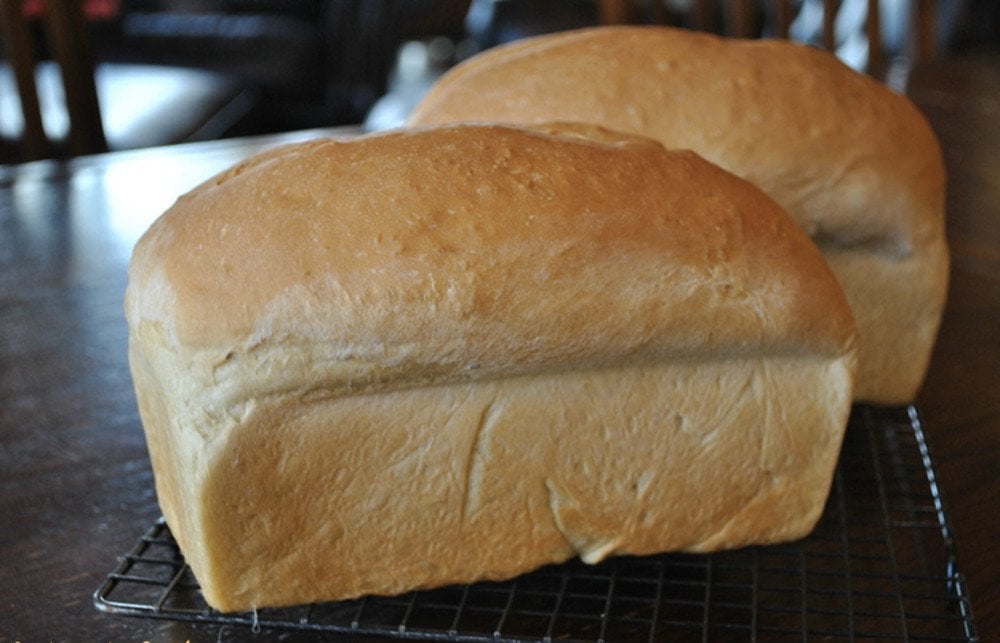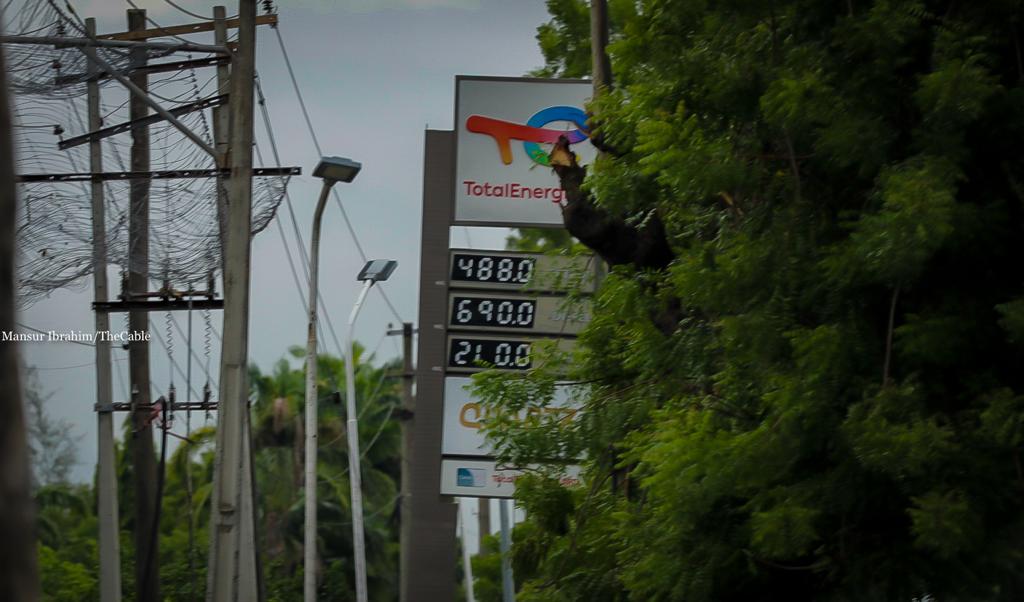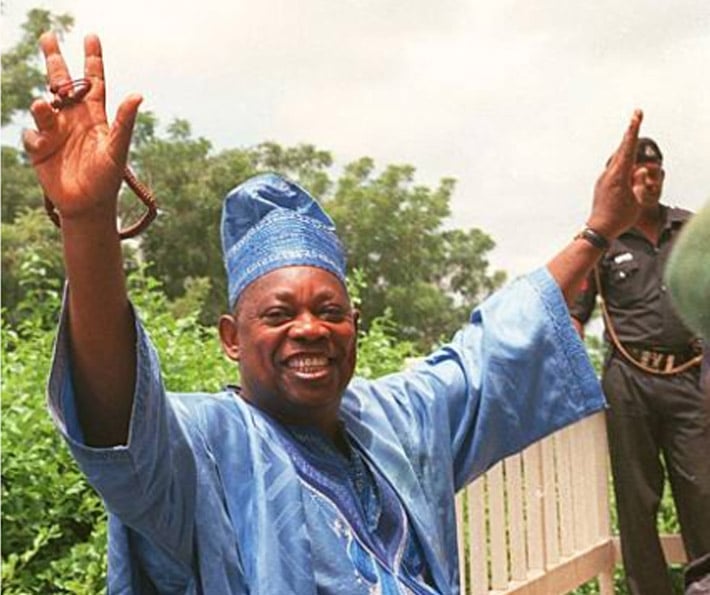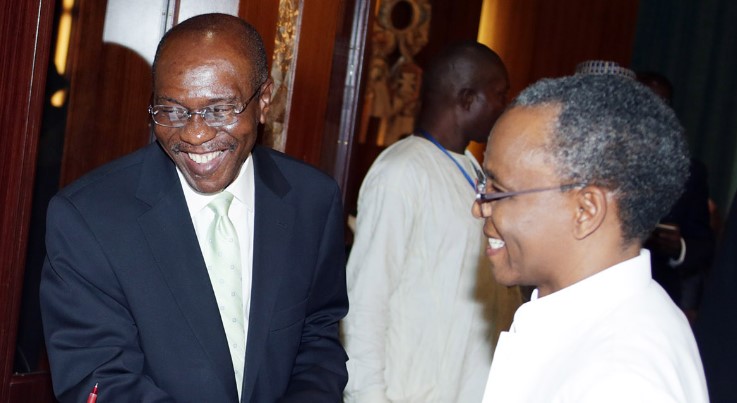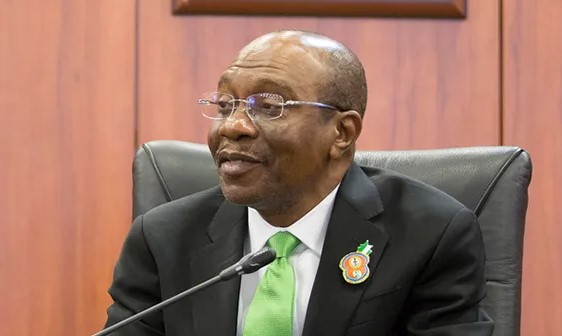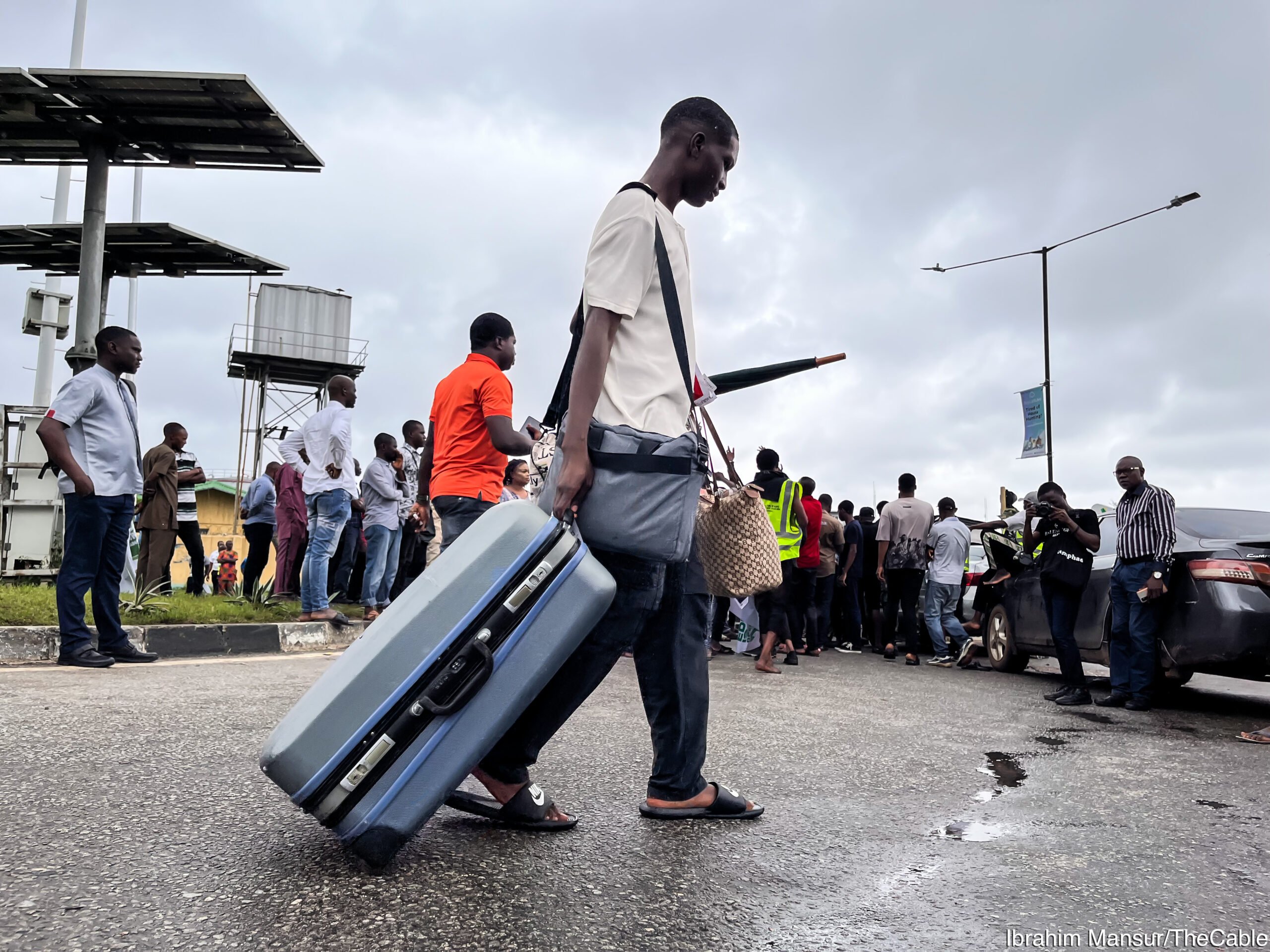The price of bread in my neighbourhood in Abuja has reached the N1K milestone. I only discovered this recently when I went to buy some loaves for my family at the grocery store around my house. I was at first incredulous and thought the shopkeeper had made an error calculating my change but she insisted that was not the case and that the price of the loaf, the particular brand my family is fond of, had increased from N800 to N1,000 a few days back.
Shocked by this 25 percent jump in price, I conducted an informal survey on my Facebook wall to know the ‘state of the bread’ across the country. The result is insightful. The typical price of a half-arm-length loaf is about N1k, although one could get small variations between N100 and N200, depending on where the person lives and the quality of the bread. But on average, it cost about N1k to buy this Nigerian staple, and since a loaf is insufficient for a family of four, one may spend between N2k and N3k for a meal.
My survey also reveals the innovative ways some Nigerians deal with bread’s skyrocketing cost. A friend says, wearily, ‘’We quit eating bread since the price climbed to N800.” Another suggests that we boycott factory-made loaves and bake them ourselves. “Bake yours now,’’ he says. ‘’Omo! DIY (do-it-yourself) things. You can do most things you need yourself at home. Think alternatives first, before deeping (sic) your hand into your pocket to spend.’’
The steep rise in the price of bread and the reactions of my Facebook friends are emblematic of the economic hardship Nigerians face and the creative, sometimes hilarious, ways they respond to it. Since 2016, Nigeria has experienced double-digit inflation, with each succeeding year often worse than the previous one. This year has been particularly bad. Since April, the country’s inflation rate has been above 20 percent: 22.2 percent in April, and 22.04 percent in May.
Advertisement
These statistics are not mere figures in the news but rather represent serious hardship – families going to bed without food, children dropping out of school because of the inability to pay school fees, or, even worse, failure to pay for health care leading to permanent disability or death. And, significantly, those figures above are before the removal of the petroleum subsidy, which, expectedly, has shot up transportation and energy costs and is projected to worsen Nigeria’s inflation. Some experts predict that in June inflation may rise to 30 percent, and this may further push many more Nigerians, at least in the short term, into the poverty net.
Poverty in Nigeria, along with other negative socio-economic indices, has been increasing since 2015. The National Bureau of Statistics, the government’s own data agency, reported that in 2022 about 63 percent of Nigerians, or 133 million people, are multi-dimensionally poor, which means they suffer from various disadvantages such as lack of clean water, poor sanitation, poor nutrition, lack of electricity, limited schooling, and household unemployment.
In 2018, Nigeria was named the poverty capital of the world for being the country with the most extremely poor people. Nigeria held that position with about 87 million people in extreme poverty, compared with India’s 73 million, despite India’s overall population being about four times more than that of Nigeria. India has overtaken Nigeria again in 2022.
Advertisement
The point of the dreary statistics above is to show that poverty is growing in Nigeria and the government over several administrations has not been able to curb it. But, particularly, deprivation and impoverishment worsened during the 8-year rule of President Muhammadu Buhari. Data shows that the government’s policies did not make a dent in the poverty ratio, and apparently worsened it over time.
The Buhari administration is noted for policies such as the border closure, currency redesign, School Feeding Programme, Anchor Borrowers Programme Trader Moni, the Treasury Single Account, the N-Power, Conditional Cash Transfer, and many others, which span the administration’s focal areas of anti-corruption, Infrastructural development, social investment, economic diversification, security, and counter-terrorism.
Today, all those initiatives seem like mere ‘big grammar’ to the man on the street, who doesn’t understand the complex interaction of macro and micro economic policies, the gross domestic product (GDP), trade deficit, or even the fiscal and monetary policies of the government. His main interest is the net impact of these policies on his and his family’s well-being. In other words, how they affect the price of bread.
On that score, the jury is out and the result is clear. There is a growing number of Nigerians who can now not afford bread, and have substituted it with something else. This may be the clearest indication yet that President Buhari failed in his avowed mission to lift millions of Nigerians from poverty and make the economy better and more resilient.
Advertisement
This holds some lessons and warnings for the new government. As it begins to implement its economic ideas and plans, it must deliberately incorporate feedback into its governance system and review the impact of its policies from time to time, rather than be insulated and scorn data. Or, start believing the propaganda of its communication team, promoting the success stories of economic and political outliers.
In the end, the government would not be judged by the sophisticatedness of its policies (‘Anchors Borrowers Programme’), or the populist intent of the plans (‘School Feeding Programme’, ‘N-Power’ and ‘Conditional Cash Transfer’), but rather by how they improve the well-being of the average man on the street.
And for that, we do not require the services of a great communication or PR team. The man on the street would know. He would know by the prices of bread and other staples and how easy it is for him to feed, school, and secure his family that things are getting better.
Advertisement
Views expressed by contributors are strictly personal and not of TheCable.
Add a comment

